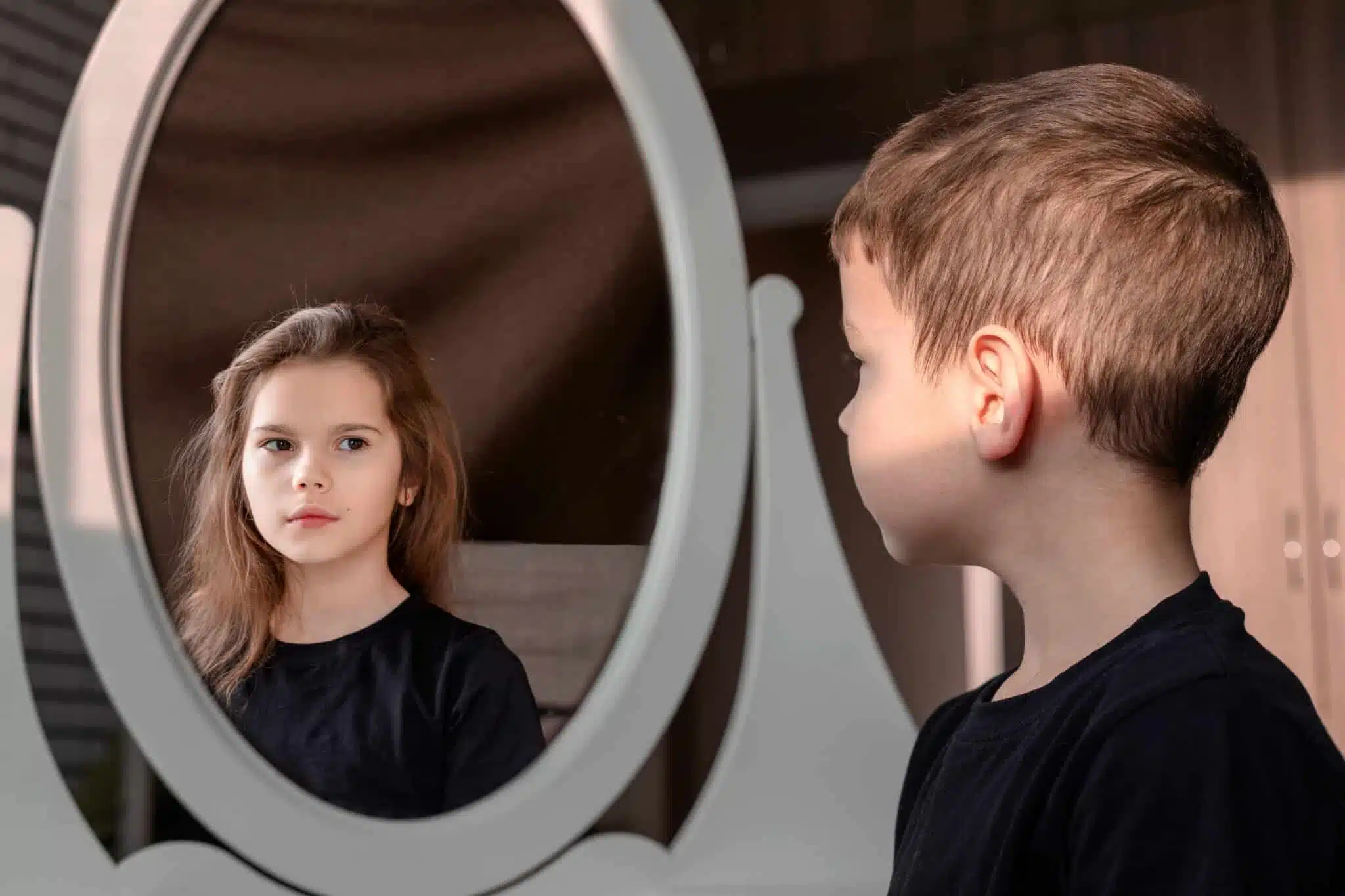A phrase we hear all too often in today’s world is “you do you.” In essence, what people imply by this is that people should do whatever they want – as long as it doesn’t hurt anyone else. This mentality flies in the face of love for our fellow human beings, for it doesn’t take into account the hurt that people can inflict upon themselves. This is all too clear in the recent transgender movement [1].
Politicians, organizations, and activists teach that people should be able to do what they want with their bodies. This includes changing their sex by either living as the opposite sex or by ingesting hormones to suppress the natural functioning of their bodies. But what happens when a person has transitioned and wants to change his or her mind? As we see below, the regret is real.

Real-life stories
A June 2022 New York Post [2] story tells the devastating story of Chloe. It states:
When Chloe was 12 years old, she decided she was transgender. At 13, she came out to her parents. That same year, she was put on puberty blockers and prescribed testosterone. At 15, she underwent a double mastectomy. Less than a year later, she realized she’d made a mistake – all by the time she was 16 years old.
Chloe, who has since detransitioned, states, “I was failed by the system. I literally lost organs.” And now she wants people to know her story, so they don’t make the same mistake she did.
Eva [3] is a woman who lived as a transgender male as a teenager. Though she did not medically transition, she determined – as an adult – that she no longer wanted to live as a man. She states that she felt “misled” by both family members and doctors. According to an article about her, “Eva, now 24, is part of a controversial cohort known as detransitionsers and desisters, transgender people who come to rethink their decision, often having already undergone drug and surgical treatments.”

In October 2020, Eva began a group called Detrans Canada, which she hopes can help people who feel “ostracized” for their decision to detransition. According to the site [4], the group’s “objectives are to examine how individuals experience changes to how they experience their sex and gender, transition and detransition processes (social, legal, medical), and to identify detransition-related healthcare and social support needs. We also aim to develop better guidance for care providers who work with trans, nonbinary, gender-fluid, detrans/retrans, and other gender diverse populations who change the direction of their transitions.”
In a similar story, Charlie Evans [5], a woman in the UK who detransitioned and stopped taking hormone therapy, has said that “hundreds” of people have contacted her since she made it public that she was detransitioning. According to Charlie, “I’m in communication with 19- and 20-year-olds who have had full gender reassignment surgery who wish they hadn’t, and their dysphoria hasn’t been relieved, they don’t feel better for it. They don’t know what their options are now.”
The article states:
The number of young people seeking gender transition is at an all-time high but we hear very little, if anything, about those who may come to regret their decision. There is currently no data to reflect the number who may be unhappy in their new gender or who may opt to detransition to their biological sex. Charlie detransitioned and went public with her story last year – and said she was stunned by the number of people she discovered in a similar position.
Sky News [5] tells the story of a woman named Ruby (pseudonym) who had undergone testosterone therapy and lived as a male, first identifying as male at 13. However, she changed her mind about transitioning to a male before she was scheduled to have a double mastectomy. Ruby states: “I didn’t think any change was going to be enough in the end and I thought it was better to work on changing how I felt about myself, than changing my body…I’ve seen similarities in the way I experience gender dysphoria, in the way I experience other body image issues.”

The Statistics
A transgender survey was conducted in 2022 [6], but the results have not been published yet (set for late 2023). So, we must look to the 2015 U.S. Transgender Survey [7] (page 111) for the most updated statistics. The survey claims that 11% of female respondents reverted back to their original sex. Transgender men had a reversion rate of 4%.
Those who chose to revert cited a variety of reasons. Five percent of those who detransitioned realized that a gender transition was not what they wanted. Other people cited family pressure and difficulty getting a job as reasons to detransition.
Authors of a 2021 article in Plastic and Reconstructive Surgery [8] conducted a systematic review of several databases to determine the rate of regret for those who had undergone surgery. According to the article, “7928 transgender patients who underwent any type of [gender-affirmation surgeries] were included. The pooled prevalence of regret after GAS was 1% (95% CI <1%-2%).” However, the article goes on to state that there was “high subjectivity in the assessment of regret and lack of standardized questionnaires, which highlight the importance of developing validated questionnaires in this population.”
Despite these low numbers and any possible issues with the format of the questionnaire, those who have lived life as a transgender male or female and who have detransitioned claim that the numbers are much higher and that people are afraid to speak out.

That’s why the people discussed above want others to hear their stories – and they want them to hear the stories before they transition [9].
Those who do transition and who want to detransition and live as their biological sex need help and support. There are loving and compassionate groups who can help.
Support is Available
The Rainbow Redemption Project [10] is a Christian group that helps people who want to detransition. Its mission is to provide “resources for detransitioners, with the ultimate goal of fully redeeming their lives through the transformative power of Jesus Christ.”
Sex Change Regret [11] offers personal testimonies, resources, and guidance for those who are regretting changing their sex and who want to detransition.
Focus on the Family [12] offers articles and resources for counseling on its site.
Catholic Charities [13] and local parishes will also offer resources.
Help is out there. There are so many people who want to help those who are confused about their sexuality, confused about who they are, and confused about who they want to be.
And as stewards of our brothers and sisters in Christ, it is our job to treat all people with empathy, understanding, and compassion. It is our job to help them see the inherent dignity in themselves. And in both love and charity, it is our job to assist them as they seek help in moving forward.
This article was most recently updated July 2023 by Susan Ciancio.